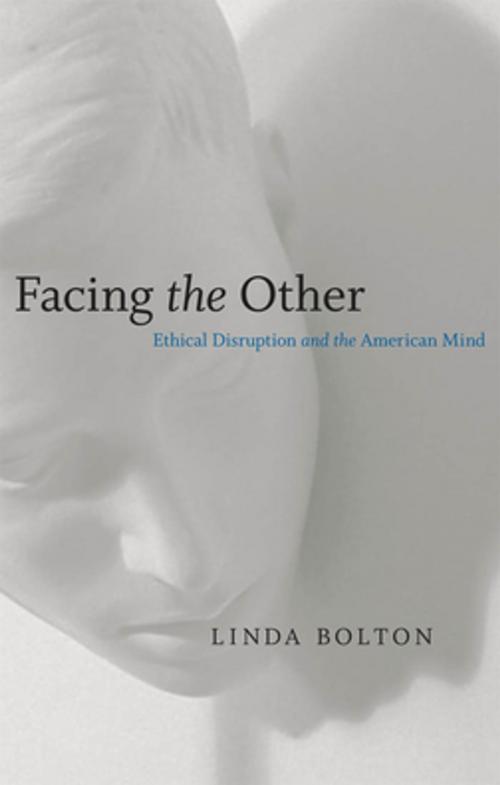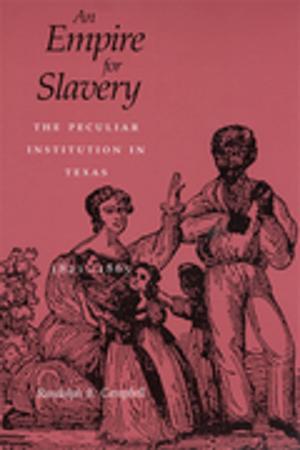Facing the Other
Ethical Disruption and the American Mind
Fiction & Literature, Literary Theory & Criticism| Author: | Linda Bolton | ISBN: | 9780807146170 |
| Publisher: | LSU Press | Publication: | March 1, 2010 |
| Imprint: | LSU Press | Language: | English |
| Author: | Linda Bolton |
| ISBN: | 9780807146170 |
| Publisher: | LSU Press |
| Publication: | March 1, 2010 |
| Imprint: | LSU Press |
| Language: | English |
"Bolton is admirably focused, centering broader ventures around precise turning points in the documents and incidents she has selected.... The book crosses generic boundaries... in the spirit of an other who transcends any single history or discipline." -- Religion and Literature
Linda Bolton uses six extraordinarily resonant moments in eighteenth- and nineteenth-century American history to highlight the ethical challenge that the treatment of Native and African persons presented to the new republic's ideal of freedom. Most daringly, she examines the efficacy of the Declaration of Independence as a revolutionary text and explores the provocative question "What happens when freedom eclipses justice, when freedom breeds injustice?" Guided by the intellectual influence of philosopher Emmanuel Levinas, Bolton asserts that the traditional subject-centered -- or "I" -- concept of freedom is dependent on the transcendent presence of the "Other," and thus freedom becomes a privilege subordinate to justice. There can be no authentic freedom as long as others, whether Native American or African, are reduced from full human beings to concepts and thus properties of control or power. An eloquent and thoughtful rereading of the U.S. touchstones of democracy, this book argues forcefully for an ethical understanding of American literary history.
"Facing the Other is not a cultural history; its focus is the relevance of an ethical analytic to all of eighteenth- and nineteenth-century American literature.... Using Emmanuel Levinas to guide her discussions, Bolton argues that the way in which Americans valorize freedom as an ideal leads us to ignore our responsibilities for doing justice." -- American Literature
"Bolton is admirably focused, centering broader ventures around precise turning points in the documents and incidents she has selected.... The book crosses generic boundaries... in the spirit of an other who transcends any single history or discipline." -- Religion and Literature
Linda Bolton uses six extraordinarily resonant moments in eighteenth- and nineteenth-century American history to highlight the ethical challenge that the treatment of Native and African persons presented to the new republic's ideal of freedom. Most daringly, she examines the efficacy of the Declaration of Independence as a revolutionary text and explores the provocative question "What happens when freedom eclipses justice, when freedom breeds injustice?" Guided by the intellectual influence of philosopher Emmanuel Levinas, Bolton asserts that the traditional subject-centered -- or "I" -- concept of freedom is dependent on the transcendent presence of the "Other," and thus freedom becomes a privilege subordinate to justice. There can be no authentic freedom as long as others, whether Native American or African, are reduced from full human beings to concepts and thus properties of control or power. An eloquent and thoughtful rereading of the U.S. touchstones of democracy, this book argues forcefully for an ethical understanding of American literary history.
"Facing the Other is not a cultural history; its focus is the relevance of an ethical analytic to all of eighteenth- and nineteenth-century American literature.... Using Emmanuel Levinas to guide her discussions, Bolton argues that the way in which Americans valorize freedom as an ideal leads us to ignore our responsibilities for doing justice." -- American Literature















